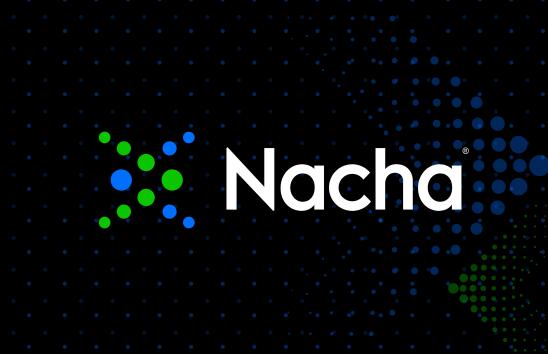Wrong Routing Numbers Mean Trouble for Payers and Payees

Failure is not an option when making a payment—though it can become a reality if the wrong routing number is used.
“If there is a payment failure it ultimately means that there is someone who doesn’t get their payment on time, someone who doesn’t get their salary on time, or even worse it could mean that a project is delayed, or someone loses access to their utility. So it’s quite critical that these routing numbers are correct for the payments to be processed on time,” said Mehdi Goudarzi, Director of Market Planning at LexisNexis Risk Solutions. LexisNexis is a Nacha Preferred Partner and the Official Registrar of Routing Numbers.
One of the biggest challenges is that many organizations are unaware that routing numbers change—and they change often. Goudarzi said that in looking at the historical data, about 100 new routing numbers are typically registered each year, and 300 to 500 are retired.
That’s a significant number of routing numbers that become obsolete. So how can organizations ensure they’re not using outdated information. Ron Miller, Senior Product Manager, LexisNexis Risk Solutions, said “the simple answer” is to keep the data updated frequently.
As the American Bankers Association’s (ABA) Registrar of Routing Numbers, LexisNexis receives the most current data, which it provides to customers through a daily update product. Speaking on Nacha’s Payments SmartCast podcast, Miller emphasized that customers expect a seamless payment process. To achieve that there can’t be long delays, he said, and that accurate data is needed to enable straight-through processing.
Mark Dixon, Senior Consultant, Nacha Consulting, cautioned that using bad routing numbers can violate the Nacha Rules, particularly around payment authorization.
“You’re authorizing it to go through a very specific routing-account number combination because that’s your assigned information,” said Dixon. “So the proper authorization for that transaction may not actually be in place if you’re using the wrong routing information.”
Much more was discussed, and you can listen to the complete podcast below.






